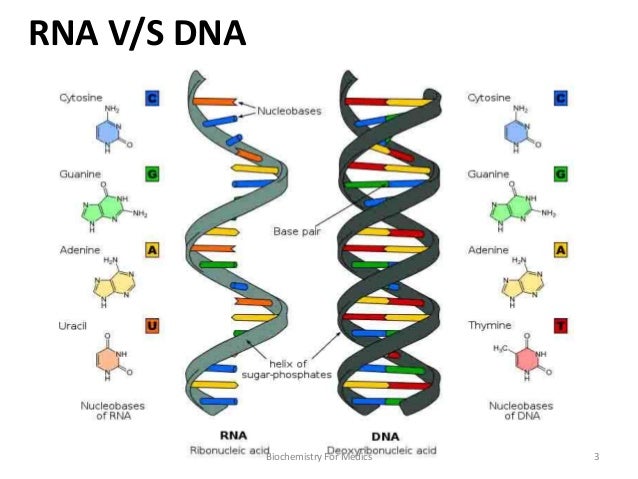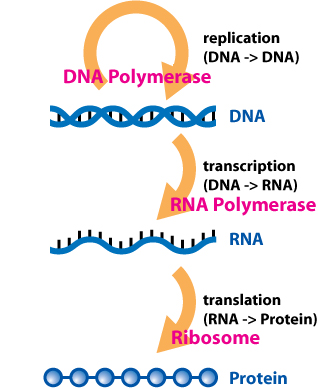I have noticed that faith based creationists here often take recourse to the inability of evolution to account for the origin of first life when all other arguments fail. Thus I thought it would be good to start a thread on the science of abiogenesis to complement all the evolution threads that have been going on .
First point I will note. It takes a lot to get to a well established scientific theory. The Theory of Evolution is near the pinnacle of what it means to be an established science (second only to Quantum Theory and General Relativity taking the third spot).
The science of abiogenesis is instead, a scientific project aimed at developing a comprehensive theory about how life can originate from non-life processes of ancient earth specifically and other potential planets in general. For those familiar with technology, if evolution is like computational sciences in its level of establishment then abiogenesis is like the program to develop quantum computation. Both abiogenesis and quantum computation has had its successful breaks enabling the projects to move forward, but a fully developed matrix of well-established models of how to make everything work has not yet happened.
Yet, and I will underline this point, even an ongoing and promising scientific project is far far more securer a footing to ground one's worldview than the idle ignorance masquerading as nonsense speculation that goes for the views commonly expressed by creationism and ID in general.
A promising scientific project shows progress, i.e. over the decades it should show that its ability to throw more and more light on the phenomena it seeks to explain has grown. I will show that abiogenesis research project has shown excellent progress over its relatively short time period. I will show what progress has been made in discerning how life began and what remains to be learned and how scientists are developing specific research programs to address these topics.
Hope this will help. At least creationists will know what is it they are supposed to reject.

First point I will note. It takes a lot to get to a well established scientific theory. The Theory of Evolution is near the pinnacle of what it means to be an established science (second only to Quantum Theory and General Relativity taking the third spot).
The science of abiogenesis is instead, a scientific project aimed at developing a comprehensive theory about how life can originate from non-life processes of ancient earth specifically and other potential planets in general. For those familiar with technology, if evolution is like computational sciences in its level of establishment then abiogenesis is like the program to develop quantum computation. Both abiogenesis and quantum computation has had its successful breaks enabling the projects to move forward, but a fully developed matrix of well-established models of how to make everything work has not yet happened.
Yet, and I will underline this point, even an ongoing and promising scientific project is far far more securer a footing to ground one's worldview than the idle ignorance masquerading as nonsense speculation that goes for the views commonly expressed by creationism and ID in general.
A promising scientific project shows progress, i.e. over the decades it should show that its ability to throw more and more light on the phenomena it seeks to explain has grown. I will show that abiogenesis research project has shown excellent progress over its relatively short time period. I will show what progress has been made in discerning how life began and what remains to be learned and how scientists are developing specific research programs to address these topics.
Hope this will help. At least creationists will know what is it they are supposed to reject.


